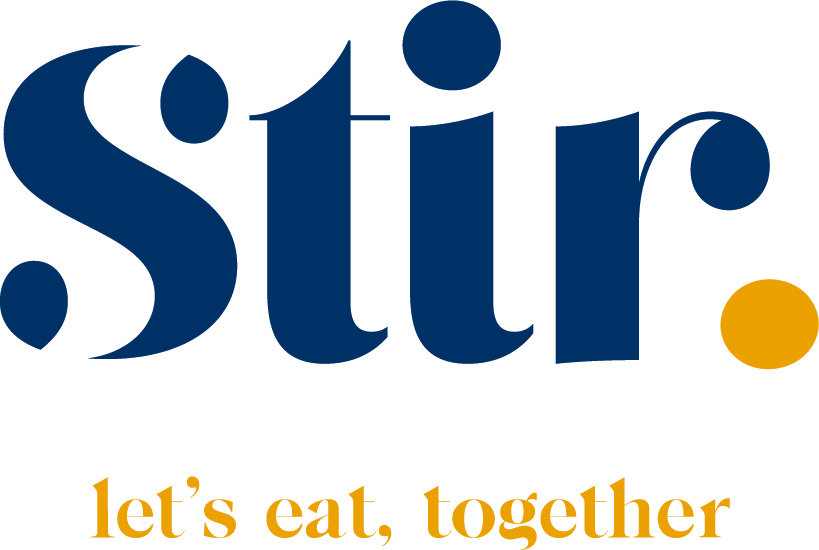Safeguarding
Approved Training is committed to safeguarding and promoting the welfare of all learners and expects all staff, employers, visitors, and other learners to share this commitment.
What is safeguarding?
We will endeavour to safeguard learners by:
Valuing them, listening to and respecting them Involving them in decisions which affect them
Ensuring all concerned are aware of and committed to the safeguarding policy & procedures
Providing a safe environment for learners Sharing information about concerns with relevant agencies
Recruiting staff safely, ensuring all necessary checks are made Adopting a code of conduct for all staff
Providing effective management through induction, support and training
Ensuring staff understand about ‘whistle blowing’ Dealing appropriately with allegations/ concerns about staff
Appointing designated safeguarding persons
Forms of abuse
Neglect
The persistent or severe failure to meet a young person’s basic physical and/or psychological needs. It will result in serious impairment of the young person’s health or development. Possible indicators include: constant hunger, poor personal hygiene, dental decay, constant tiredness, poor state of clothing /inappropriate clothing, emaciation, frequent lateness/absence, untreated medical/speech/hearing problems, lack of appropriate boundaries, lack of supervision/acknowledgement of safety issues, no social relationships
Link to support – NSPCC – leading children’s charity in the UK, specialising in child protection www.nspcc.org.uk
Sexual abuse
This involves a young person being forced or coerced into participating in or watching sexual activity. It is not necessary for the child to be aware that the activity is sexual, and the apparent consent of the young person is irrelevant
Links to support- REFUGE – support against domestic violence www.refuge.org.uk
Emotional abuse
This abuse occurs where there is persistent emotional ill treatment or rejection. It causes severe and adverse effects on the young person’s behaviour and emotional development, resulting in low self – worth. Some level of emotional abuse is present in all forms of abuse
Links to support
REFUGE – support against domestic violence www.refuge.org.uk
Physical abuse
Physical abuse may involve hitting, shaking, throwing, poisoning, burning, scalding, drowning or suffocating. It may be done deliberately or recklessly or by the result of a deliberate failure to prevent injury occurring. Possible indicators that physical abuse may be taking place could be: unexplained injuries or burns particularly if they are recurrent, improbable excuses given to explain injuries, refusal to discuss injuries, untreated injuries, admission of punishment, which appears excessive, fear of parents being contacted, withdrawal from physical contact, fear of returning home, self-destructive tendencies, aggression toward others, running away
Links to support – REFUGE – support against domestic violence www.refuge.org.uk
Domestic abuse
This includes any type of controlling, bullying, threatening or violent behaviour between people in a relationship. It is not just physical violence. It includes any emotional, physical, sexual, financial or psychological abuse. It can happen in any relationship and even after the relationship has ended. Both men and women can be abused or abusers. It can happen in any relationship and even after the relationship has ended. Both men and women can be abused or abusers. Witnessing domestic abuse is child abuse and teenagers can suffer from domestic abuse in their relationships. Domestic abuse can seriously harm children and young people.
Links to support – REFUGE – support against domestic violence www.refuge.org.uk
Child on child/ sexual abuse, harassment
This involves a young person sexually abusing another young person. It can take the form of sexualised behaviour and physical sexual contact, such as inappropriate touching, manipulation or attempting to remove someone’s clothing. It can also involve the use of sexually explicit language.
Links to support- NSPCC – leading children’s charity in the UK, specialising in child protection www.nspcc.org.uk
Spot light mental health
Mental health influences how we think and feel about ourselves and others, and how we interpret life events. Whereas mental ill health is a term that is used for a person whose thinking, emotions and behaviours negatively affect their ability to go about day-to-day activities such as work, and home life and it disrupts their abilities. This can be particularly prevalent during times of isolation from others.
There are several different types of mental illnesses including:
Depression
Anxiety disorders
Self-harm
Suicide
Substance misuse
Eating It can feel very difficult to reach out to anyone for help and support regarding mental health. A lot of people feel there is a stigma attached to struggling with mental illness, and some people feel they would rather try to combat mental illness alone without help and support. There are a number of ways you can seek support if you feel you’d like to speak to someone. Your Tutor is there to support you personally as well as professionally, so you can begin a conversation with them if you feel comfortable. If not, reach out to one of many national helplines, who can offer you professional support.
Links to support
MIND – provides advice and support for mental health issues https://www.mind.org.uk
NHS https://www.nhs.uk/oneyou/every-mind- matters/
http://www.mentalhealth.org.uk/
SAMARITANS – www.samaritans.org.uk
Prevent
Online radicalisation
The Government’s Prevent Duty Guidance defines radicalisation as “the process by which a person comes to support terrorism and extremist ideologies associated with terrorist groups”. Over recent years, the internet has transformed the way that terrorist organisations can influence and radicalise people. Used in the right way, the internet provides entertainment, connectivity, and interaction for people across the world. However, terrorist groups have also recognised the power of this and are increasingly reaching out to individuals using the internet as a tool for recruitment and radicalisation. The internet makes it much easier for vulnerable people to be exposed to extremist materials and then radicalised by extremist views.
How to stay safe online links to support – 8 top tips for staying safe online – Own It – BBC
RADICALISATION
This is a process by which an individual or group comes to adopt increasingly extreme political, social, or religious ideals and aspirations that reject and/or undermine contemporary ideas and expressions of freedom of choice.
EXTREMISM
Extremism in this context the government defines ‘extremism’ as ‘Vocal or active opposition to fundamental British values, including democracy, the rule of law, individual liberty and mutual respect and tolerance of different faiths and beliefs.
Links to support – https://www.gov.uk/guidance/get-help-if-youre-worried-about-someone-being-radicalised
Approved Training want you to feel safe while you are on your programme and we want to make it as simple as possible for you to tell us if you have any concerns.
The Discord community gives the different ways to contact us and vast other organizations for support and guidance. If you do not feel safe whilst at Approved training or have any concerns about extremism or radicalisation you should share your concerns with your Tutor if you feel comfortable to do so.
Discord link to take you to the approved training community welfare page
If you prefer to contact someone, remotely contact us on
email safe@approvedtraining.net
Please note these contact details are for Safeguarding issues only – for enquiries about learning or appointments please contact your Tutor
Confidentiality is a significant issue in the lives of young people/vulnerable adults. You may trust a member of staff with issues of a personal nature and wherever possible your confidences should be respected. If you disclose information that is difficult for the member of staff to deal with without further advice/support the situation will be discussed with another colleague with a specialty in that area but confidentiality will be maintained if possible. If a member of staff believes that you are a danger to yourself or others, then they may break confidentiality.
Approved Training






